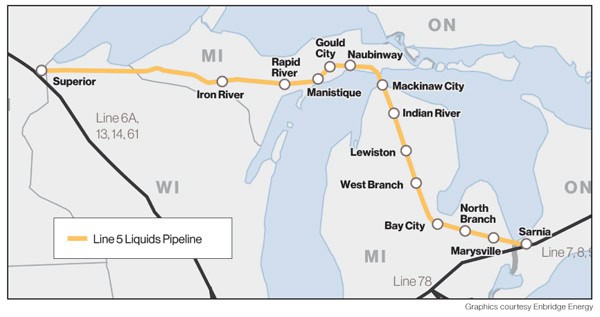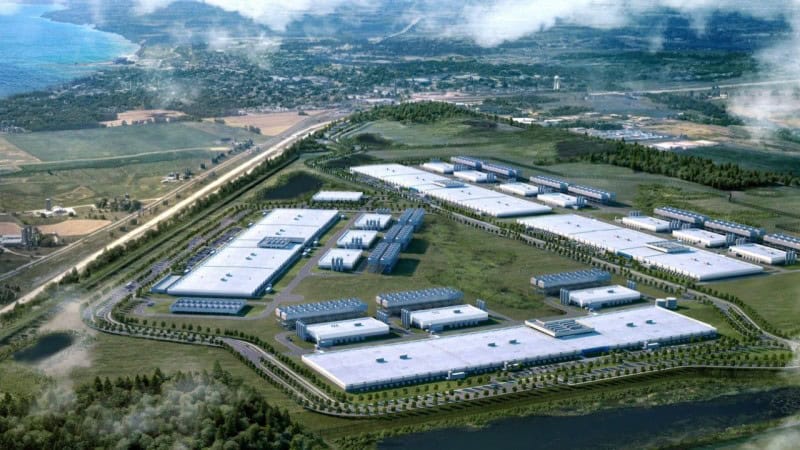LONDON – Thousands of NHS patients will be given access to groundbreaking cancer vaccines, health leaders have said, as a 55-year-old man became the first in England to receive the treatment for bowel cancer in a “landmark moment”.
Thirty hospitals have so far signed up to NHS England’s Cancer Vaccine Launch Pad, which is working to fast-track patients to receive the vaccines at the earliest opportunity across a number of different trials.
Dozens of people have already enrolled in the trials, with the majority expected to take part from 2026 onwards – and thousands more are set to be recruited in the next year, NHS England said.
Father-of-four and higher education lecturer Elliot Pfebve has now become the first patient to receive the vaccine for bowel cancer, after being diagnosed with the disease following a routine health check with his GP.
After having a 30cm tumour removed from his large intestine, he was referred to the Queen Elizabeth Hospital Birmingham for chemotherapy and to take part in the clinical trial.
It is hoped that by targeting cancer cells remaining after his surgery, the vaccine could help to stop the disease from returning.
Professor Peter Johnson, national clinical director for cancer at the NHS, said: “We know that even after a successful operation, cancers can sometimes return because a few cancer cells are left in the body, but using a vaccine to target those remaining cells may be a way to stop this happening.”
Mr Pfebve said: “Through the potential of this trial, if it is successful, it may help thousands, if not millions, of people, so they can have hope and may not experience all I have gone through. I hope this will help other people.”
Hailing it as a “landmark moment” for patients and the health service, NHS England chief executive Amanda Pritchard said: “Thanks to advances in care and treatment, cancer survival is at an all-time high in this country, but these vaccine trials could one day offer us a way of vaccinating people against their own cancer to help save more lives.
“The NHS is in a unique position to deliver this kind of world-leading research at size and scale, and as more of these trials get up and running at hospitals across the country, our national match-making service will ensure as many eligible patients as possible get the opportunity to access them.”
The vaccine was created using mRNA technology – the same used in Covid jabs – and is being jointly developed by biopharmaceutical companies BioNTech and Genentech.
It works by looking for specific mutations in a patient’s tumour, with clinicians using the information to create a personalised treatment. The jab is designed to stimulate a patient’s immune system after surgery to remove tumours so it can recognise and attack any remaining cancer cells.
Dr Victoria Kunene, a consultant clinical oncologist at Queen Elizabeth Hospital Birmingham and principal investigator for the trial, said: “The investigational cancer vaccines are based on mRNA and are created by analysing a patient’s tumour to identify mutations specific to their own cancer.
Read more at Yahoo News






